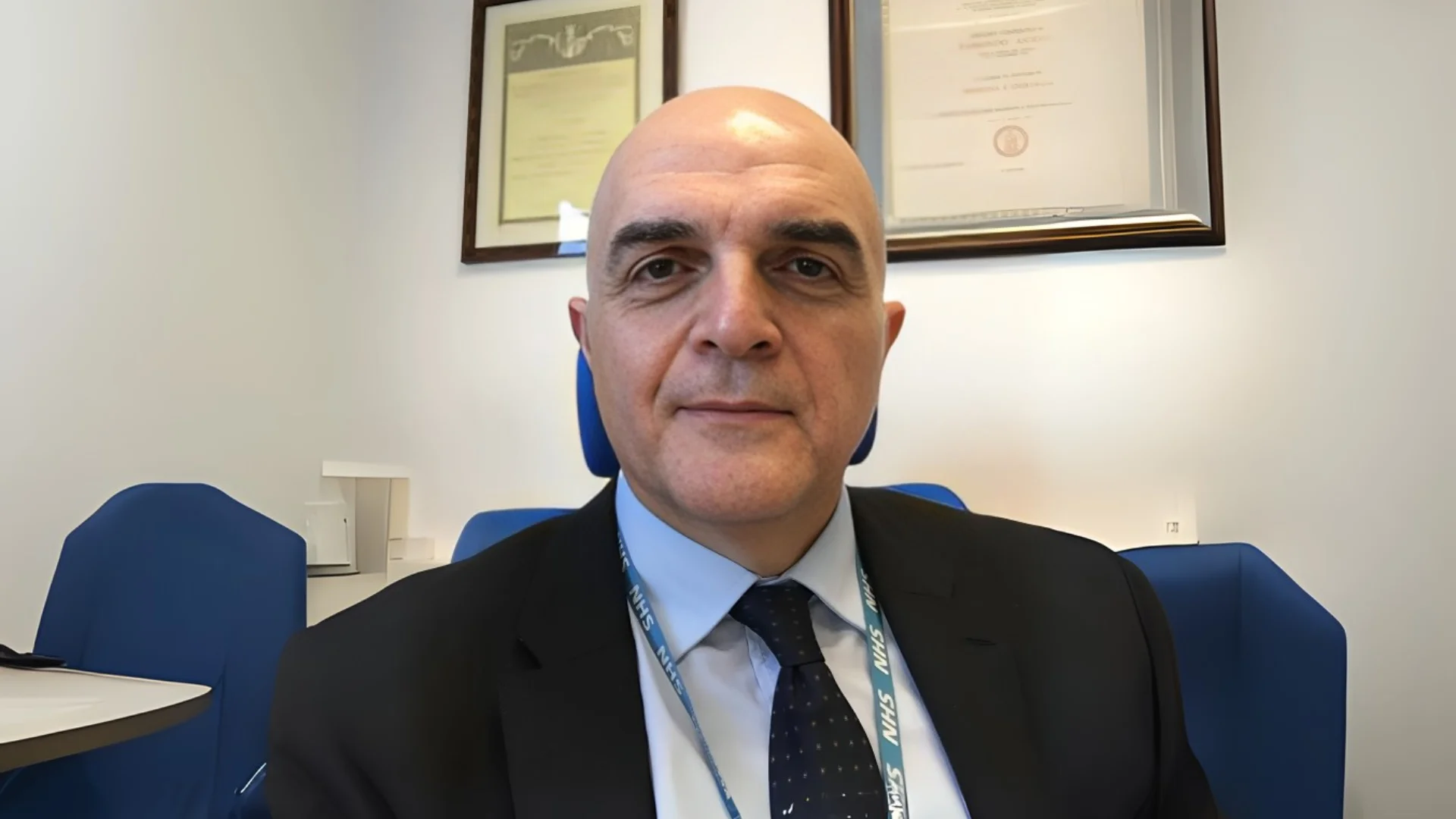An artificial heart valve made from a new plastic material has been found to be safe after a six-month animal study, according to researchers from the Universities of Bristol and Cambridge. The findings could help address current limitations faced by the 1.5 million patients who need heart valve replacements each year.
Patients currently must choose between mechanical valves, which are durable but require lifelong blood thinners due to clot risk, and biological valves made from animal tissue, which typically last only eight to ten years before needing replacement.
The research team developed an artificial heart valve using SEBS (styrene-block-ethylene/butylene-block-styrene), a polymer that offers durability without the need for blood thinners. The prototype was tested in sheep for six months, simulating how such valves might function in humans.
Researchers monitored the animals throughout the study period for any long-term safety concerns related to the plastic material. They reported no evidence of harmful calcification, material deterioration, blood clotting, or cell toxicity. The animals’ health indicators remained stable and normal, and the prototype valve functioned well without requiring blood thinners.
“More than 35 million patients’ heart valves are permanently damaged by rheumatic fever, and with an ageing population, this figure is predicted to increase four to five times by 2050,” said Professor Raimondo Ascione from the University of Bristol, the study’s clinical lead. “Our findings could mark the beginning of a new era for artificial heart valves: one that may offer safer, more durable and more patient-friendly options for patients of all ages, with fewer compromises.”
“We are pleased that the new plastic material has been shown to be safe after six months of testing in vivo,” said Professor Geoff Moggridge from Cambridge’s Department of Chemical Engineering and Biotechnology, biomaterial lead on the project. “Confirming the safety of the material has been an essential and reassuring step for us, and a green light to progress the new heart valve replacement toward bedside testing.”
The results indicate that SEBS-based artificial heart valves could combine durability with freedom from lifelong anticoagulation therapy. The next phase will involve developing a clinical-grade version of this polymer valve for further preclinical trials before seeking approval for human clinical trials.
Funding for this research came from a British Heart Foundation grant as well as support from a National Institute for Health and Care Research Invention for Innovation programme Product Development Awards award. Professor Geoff Moggridge is also noted as a Fellow of King's College, Cambridge.
The study was published in the European Journal of Cardio-Thoracic Surgery under DOI: 10.1093/ejcts/ezaf266/ejcts-2025-100426.

